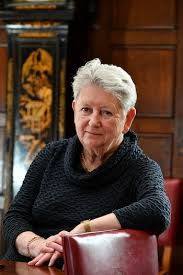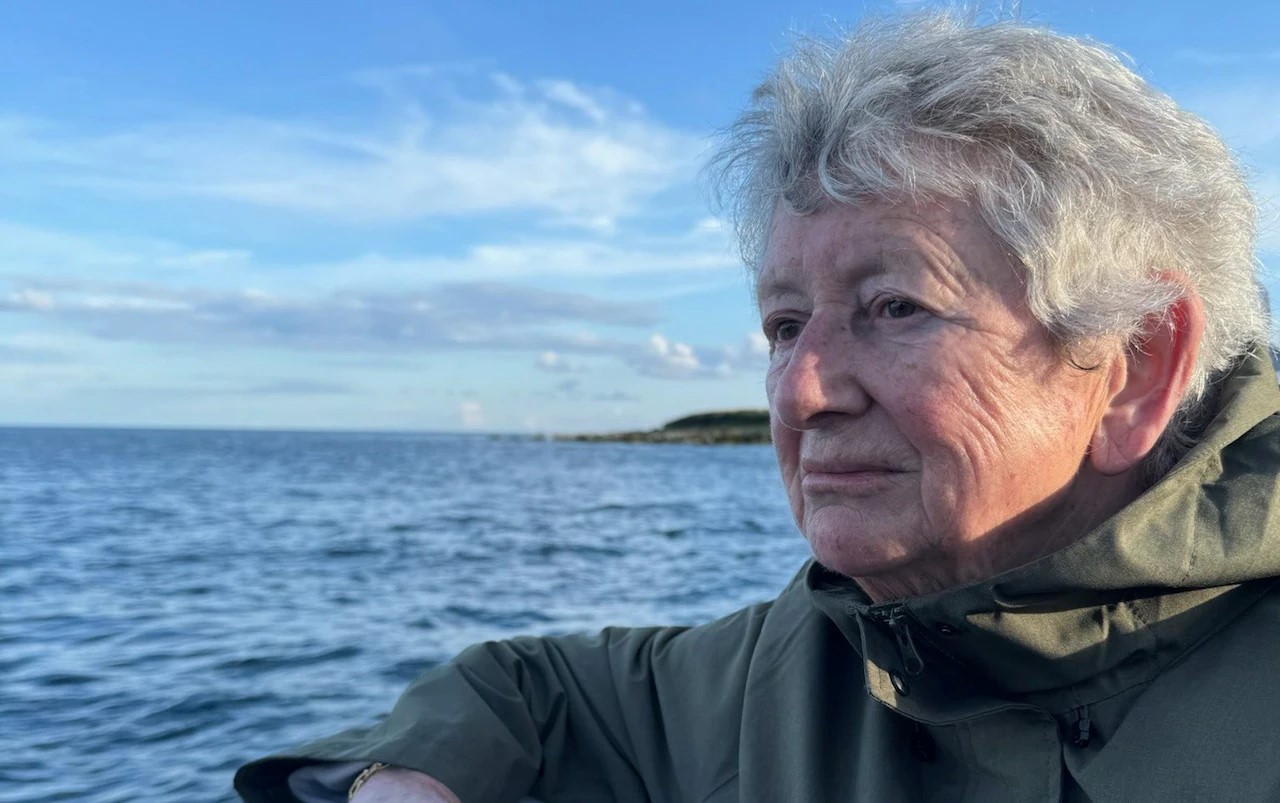
Her Honour Judge Isobel Plumstead (1947–2024) – An Obituary
Published: 18/03/2025 06:00

HHJ Isobel Plumstead was born on 19 July 1947 and died on 30 December 2024. She was one of the best judges of her generation. The memories which have been shared since her death by lawyers who appeared in front of her, or whose careers she assisted, show that her qualities of great intellect, compassion, common sense and generosity were appreciated by many.
When sitting in the family jurisdiction, she had the ability to put litigants at their ease in her court whilst maintaining her authority; she had an unfailing nose for waffle and dissembling, and lawyers soon learned to watch her facial expressions and her pen in court, as she watched and interpreted the body language of their clients.
Isobel Plumstead was born in 1947 in Norwich and read jurisprudence at St Hugh’s College, Oxford. At Bar School she met her husband, Nicholas Coleman, who also became a barrister and then a Circuit Judge, sitting mainly in crime. She excelled academically there, and Nick remembers how they bought their first sofa from the proceeds of one of the prizes she won. Isobel practised at Francis Taylor Building in London for 20 years, mainly in family law, whilst raising three children with Nick – Tom, Tory and Flora.
In 1990 she became a Registrar and soon after that a District Judge of the Principal Registry of the Family Division (PRFD) at Somerset House. In those days a large amount of the work was what was then called ancillary relief and it was the practice for courts all over the country to send their more complex and high worth cases to the PRFD; all the PRFD District Judges became specialists in this area, with few cases going to the High Court, and even fewer being heard by the handful of Circuit Judges who sat at the Royal Courts of Justice, no Circuit Judges being assigned to the PRFD until several years after she had left.
The case from which financial remedies practitioners will most remember Isobel Plumstead is Brooks v Brooks, which she decided in 1992 as a PRFD District Judge. In this case she varied the husband’s pension scheme as a nuptial settlement under Matrimonial Causes Act, s 24(1)(c), a bold and innovative decision at the time. Before this case, the only way courts could take account of a pension was by offsetting its value, which rarely led to fair outcomes. Her decision was appealed in turn to a High Court Judge, the Court of Appeal and to the House of Lords (see Brooks v Brooks [1996] AC 375), all of which tribunals upheld the main plank of Isobel Plumstead’s judgment, the redistribution of the husband’s pension. The mechanism used by her in Brooks v Brooks could, however, only be applied to a very small number of cases, in particular where the husband was the sole beneficiary of the pension scheme; but what she achieved (apart from fairness for Mrs Brooks) was to put the issue of pensions on divorce firmly on the agenda for lawyers and lawmakers. In the House of Lords, Lord Nicholls influentially articulated the obvious truth that:
‘for many married people their two single assets of greatest value are the house in which they live and, as time passes, the accumulating pension provision of the money-earner … this decision should not be seen as a solution to the overall pensions problem … legislation will still be needed.’
The Pensions Act 1995 (a direct consequence of Lord Nicholls’ call) represented a tentative step forward, introducing the power to ‘earmark’ pensions, requiring the pension trustees to divert a portion of pension payments from one spouse to the other and also giving the power to oblige one spouse to nominate the other as beneficiary in the event of death; but (a few years later, but also as a direct consequence of Lord Nicholls’ call) the Welfare Reform and Pensions Act 1999 comprehensively reformed the law and introduced the vital power of pension ‘sharing’ into Matrimonial Causes Act, s 24B, and the fair sharing of pensions on divorce became widely available. Isobel Plumstead can properly be given credit for her significant part in this important social reform which has undoubtedly led to hugely fairer outcomes for many divorcing women.
In 2001 Isobel Plumstead became a Circuit Judge and was posted to East Anglia. She became a Deputy High Court Judge the following year and served as Designated Family Judge for Cambridge for 6 years. During this period, Her Honour Judge Isobel Plumstead had few opportunities to use her expertise in financial remedy work, as the Children Act work took up most of her time, and she also sat in criminal and civil cases. Another significant contribution she made was to the Council of Circuit Judges, in which she held various posts and was the President in 2013.
Isobel Plumstead was wonderful company and she and Nick enjoyed hosting friends from the legal world in their home in Norfolk. In 2006 she became a Bencher at Middle Temple, and she managed to attend a reunion dinner for her contemporaries from St Hugh’s at one of the Inns in November, just weeks before she died. Nick, her three children and all her grandchildren spent Christmas with her, during which she shared some champagne with her loved ones.
HHJ Lynn Roberts










